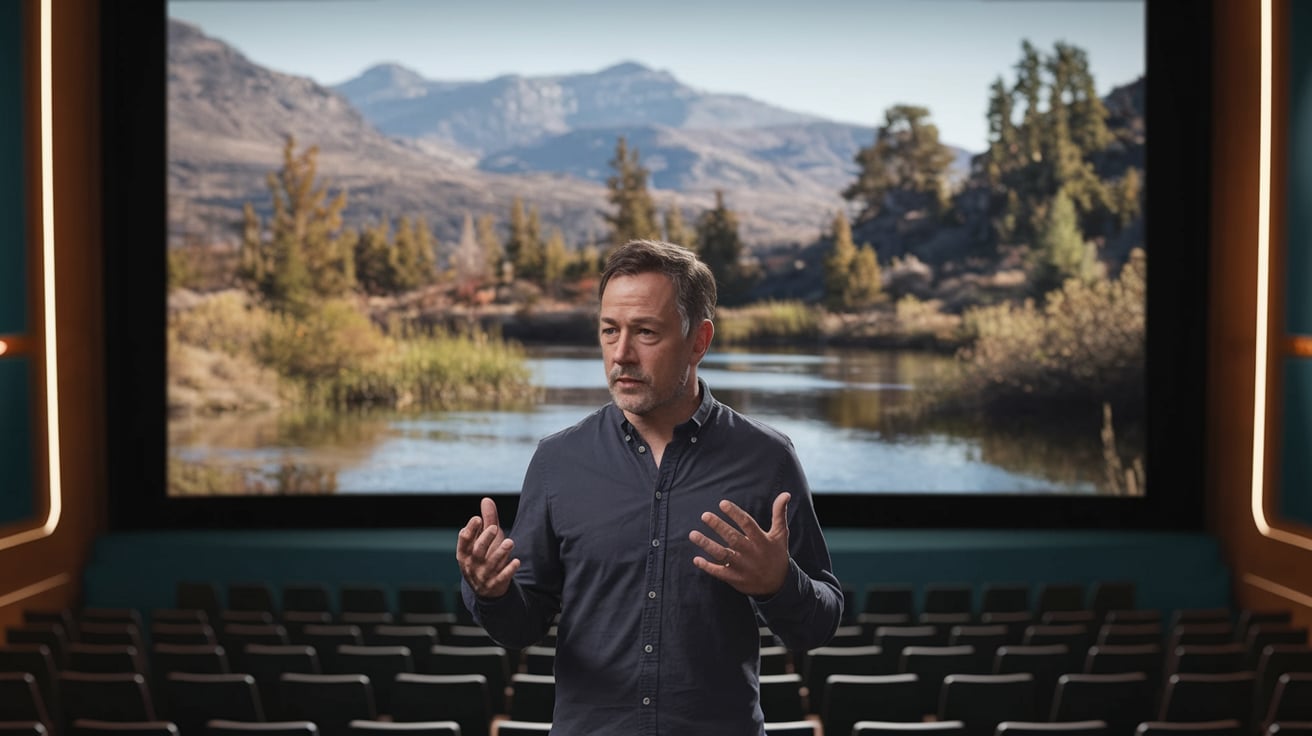Executive producers play a crucial role in the film industry, often operating behind the scenes to bring movies to life. Their responsibilities are varied and can change depending on the specific project, but their overall impact on a film’s success is undeniable. In this article, we’ll explore the multifaceted role of executive producers and how they contribute to the filmmaking process.
The Financial Backbone.
Executive producers are often referred to as the financial backbone of a film project. Their primary responsibility is to secure funding for the movie, which can come from various sources:
- Studio backing
- Independent investors
- Personal funds
- Pre-sales agreements
- Tax incentives and government grants
Beyond simply raising money, executive producers also manage the film’s budget, ensuring that resources are allocated efficiently throughout the production process. They work closely with line producers and production managers to keep costs under control while maintaining the creative vision of the project.
Creative Oversight.
While not always directly involved in the day-to-day creative decisions, executive producers often have a significant say in the overall direction of a film. This can include:
- Approving or suggesting changes to the script
- Weighing in on casting decisions
- Providing input on marketing strategies
- Offering feedback on rough cuts and final edits
Some executive producers, particularly those with a strong creative background, may take a more hands-on approach to shaping the film’s artistic elements. However, their level of creative involvement can vary greatly from project to project.
Networking and Relationship Building.
One of the most valuable assets an executive producer brings to a project is their network of industry contacts. They use these connections to:
- Attract top talent (directors, actors, cinematographers, etc.)
- Secure distribution deals
- Negotiate with vendors and service providers
- Facilitate partnerships with other production companies or studios
Their ability to leverage relationships can often make the difference between a film getting made or remaining in development limbo.
Project Management and Troubleshooting.
Executive producers serve as high-level project managers, overseeing the entire filmmaking process from development to distribution. This involves:
- Setting timelines and milestones
- Coordinating between different departments
- Resolving conflicts and addressing issues as they arise
- Ensuring that the project stays on schedule and within budget
When problems occur, it’s often the executive producer who steps in to find solutions, whether that means renegotiating contracts, adjusting schedules, or making tough decisions about the film’s direction.
Legal and Business Affairs.
The film industry is rife with complex legal and business considerations. Executive producers often take the lead in navigating these waters, working closely with lawyers and other specialists to:
- Negotiate and review contracts
- Secure rights to intellectual property
- Ensure compliance with industry regulations and union agreements
- Manage insurance and liability issues
Their expertise in these areas helps protect the interests of the film and its investors throughout the production process and beyond.
Marketing and Distribution Strategy.
While dedicated marketing teams handle much of the promotional work for a film, executive producers often play a key role in shaping the overall marketing and distribution strategy. This can include:
- Deciding on release dates
- Approving marketing materials and campaigns
- Negotiating distribution deals
- Planning festival submissions and premieres
- Exploring international markets and sales opportunities
Their involvement in these areas helps ensure that the film reaches its intended audience and maximizes its commercial potential.
Balancing Art and Commerce.
Perhaps one of the most challenging aspects of an executive producer’s job is balancing the artistic vision of the filmmakers with the commercial realities of the industry. They must often make difficult decisions that weigh creative ambitions against financial constraints and market demands.
This delicate balancing act requires a deep understanding of both the creative process and the business side of filmmaking. Successful executive producers are able to foster an environment where artistic expression can flourish while still delivering a product that has commercial viability.
Conclusion.
The role of an executive producer in the film industry is multifaceted and essential to the success of any movie project. From securing funding and managing budgets to providing creative input and navigating complex business affairs, executive producers wear many hats throughout the filmmaking process.
Their ability to blend financial acumen with creative insight, coupled with their extensive industry networks, makes them invaluable assets in bringing films from concept to screen. While they may not always receive the public recognition of directors or actors, executive producers are the driving force behind many of the movies we enjoy, shaping the landscape of cinema both artistically and commercially.
As the film industry continues to evolve in the face of new technologies and changing audience preferences, the role of the executive producer will likely adapt as well. However, their fundamental importance in bridging the gap between creativity and commerce ensures that they will remain key players in the world of filmmaking for years to come.

I am a highly experienced film and media person who has a great deal to offer to like-minded individuals. Currently working on several exciting projects, I am a film and media practitioner for over a decade. I have achieved a great deal of success in my professional career.








